What’s normal? What’s not?
Retinol is one of the only ingredients that is scientifically proven to slow the skin ageing process and improve signs of ageing. It is widely considered the champion of anti-ageing skincare, and is the most requested ingredient by patients in-clinic. Therefore, retinol is an essential tool in every skin professional’s arsenal.
ALLSKIN | MED is proud to offer retinol like no other. Our approach to retinol includes a range of Renewal Serums in gradual strengths, coupled with an expertly designed application strategy, the Skin Retinisation Protocol. Our retinol programmes are the gold standard in anti-ageing skincare, clinically proven to reduce wrinkle depth by up to 30% and increase firmness by 20% in just 90 days.1
Such incredible results may come with side effects, and it is important for your clients to understand the difference between a mild and anticipated reaction versus an adverse reaction.
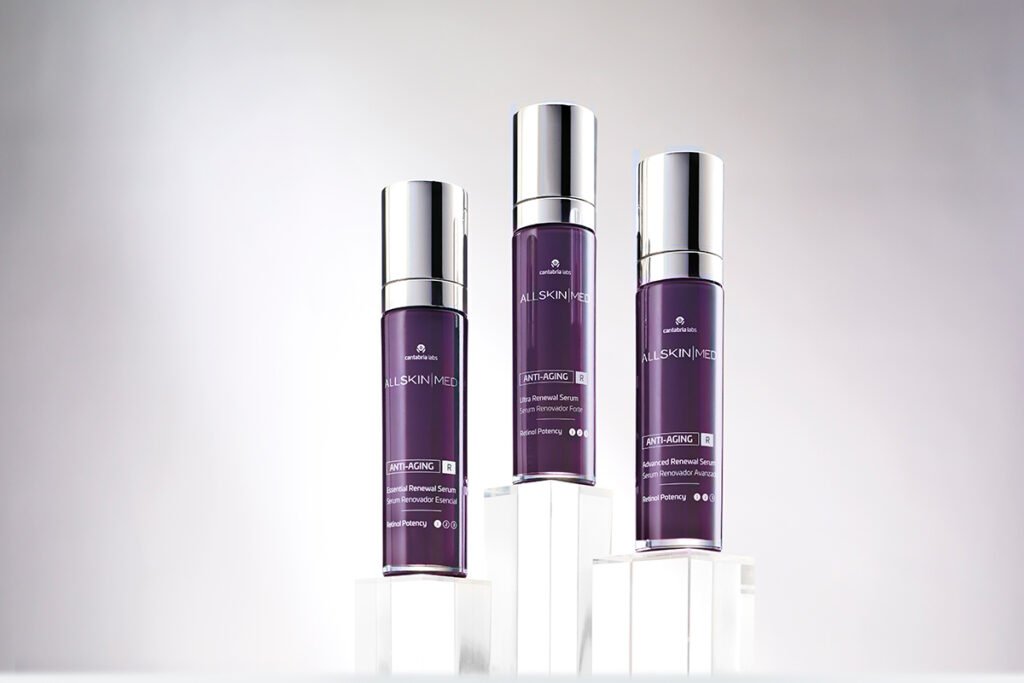
What is retinol?
Retinol is a type of retinoid and a derivative of vitamin A. Its history stretches back thousands of years, but its ‘discovery’ can be attributed to two Dutch chemists, who synthesised retinol during the First World War. Subsequent studies highlighted its potential when treating skin conditions. In 1971, retinoids were used in topical acne treatments,2 leading to the discovery of anti-ageing benefits3. Retinol is now one of the most popular ingredients in skincare.
Retinol is a medium-strength retinoid that is available ‘over the counter’. It targets a number of skin processes, including increasing cell turnover, boosting collagen production, improving circulation, and normalising sebum production. This reveals a smoother, brighter, plumper complexion, with visible improvements to wrinkles and pigmentation.
ALLSKIN | MED Retinol Programmes
ALLSKIN | MED harnesses the power of retinol in our patented technology, RetinSphere®. This clinically-proven technology features two types of retinol, hydroxypinacolone retinoate (HPR) and retinol within glycospheres. HPR is powerful but extremely stable, which protects against skin irritation. Meanwhile, the retinol within glycospheres is released gently and gradually. The dual-release system of RetinSphere® ensures maximum efficacy with minimal side effects.
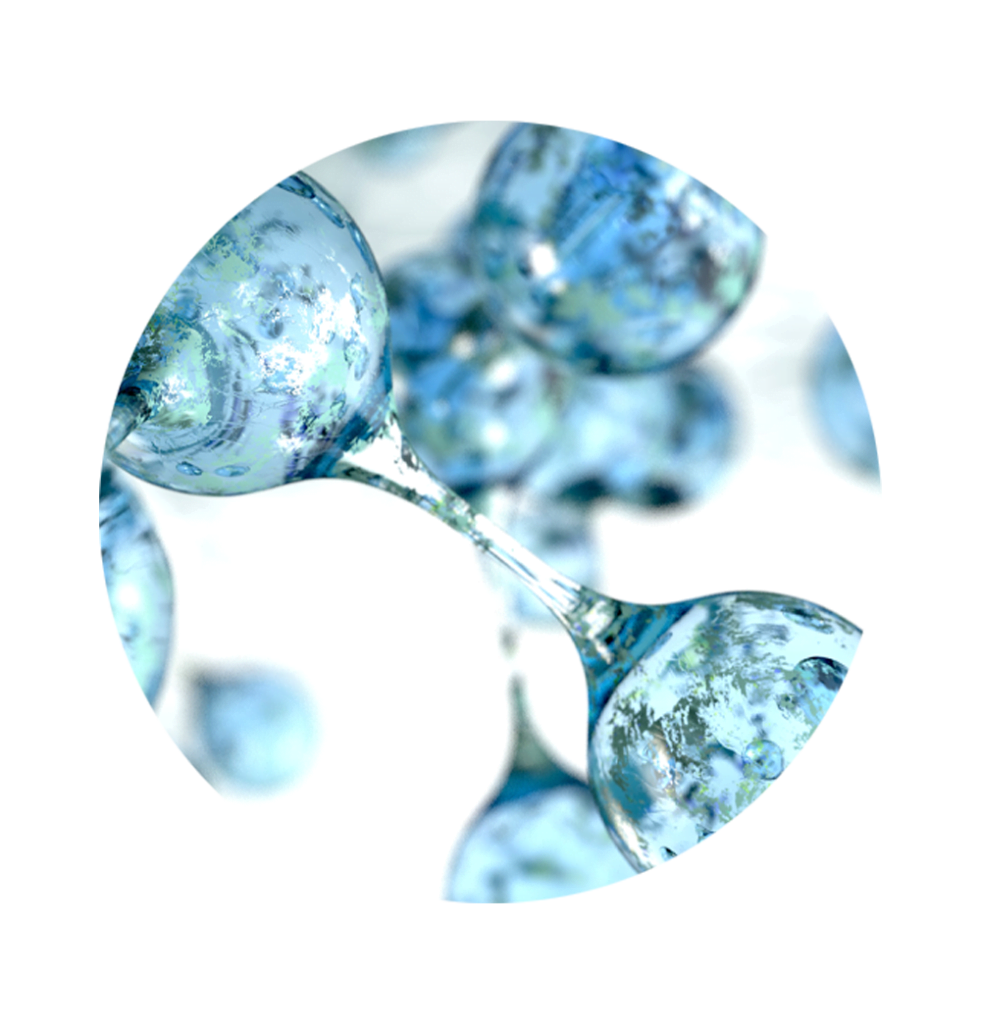
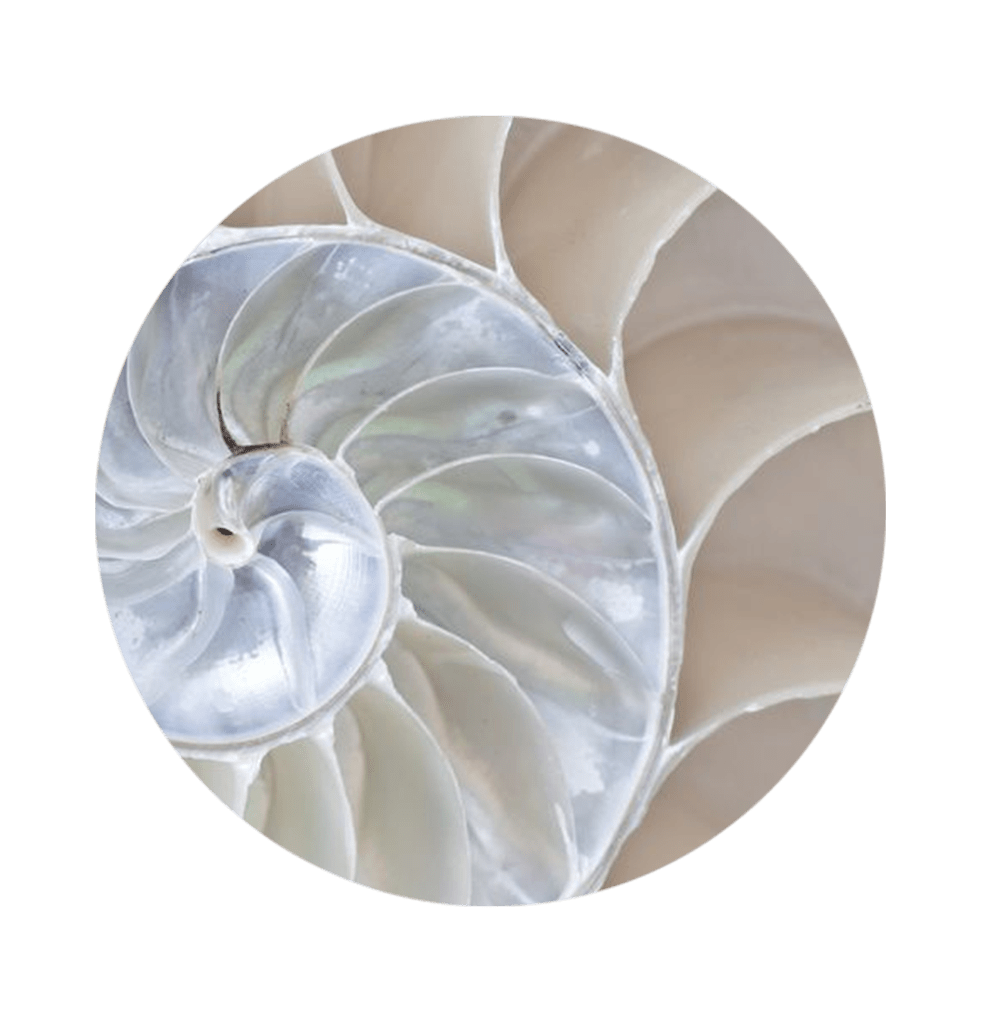

RetinSphere® Technology is accompanied by two other patented technologies, SCA® PRO and EDAFENCE®, which bolster the integrity of the skin with powerful growth factors, anti-oxidant and anti-pollution activity. This trio of patented technologies make the new ALLSKIN | MED Retinol Programmes truly superior to anything else on the market.
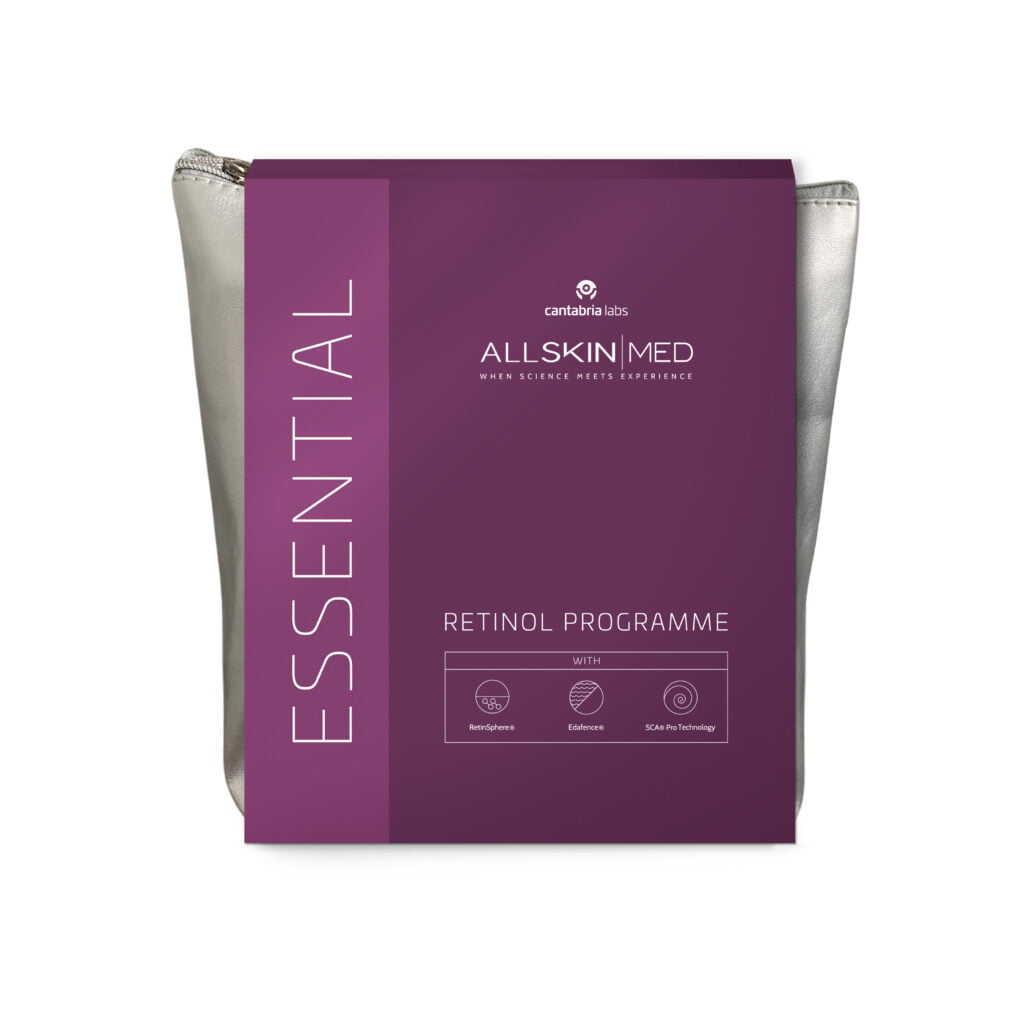
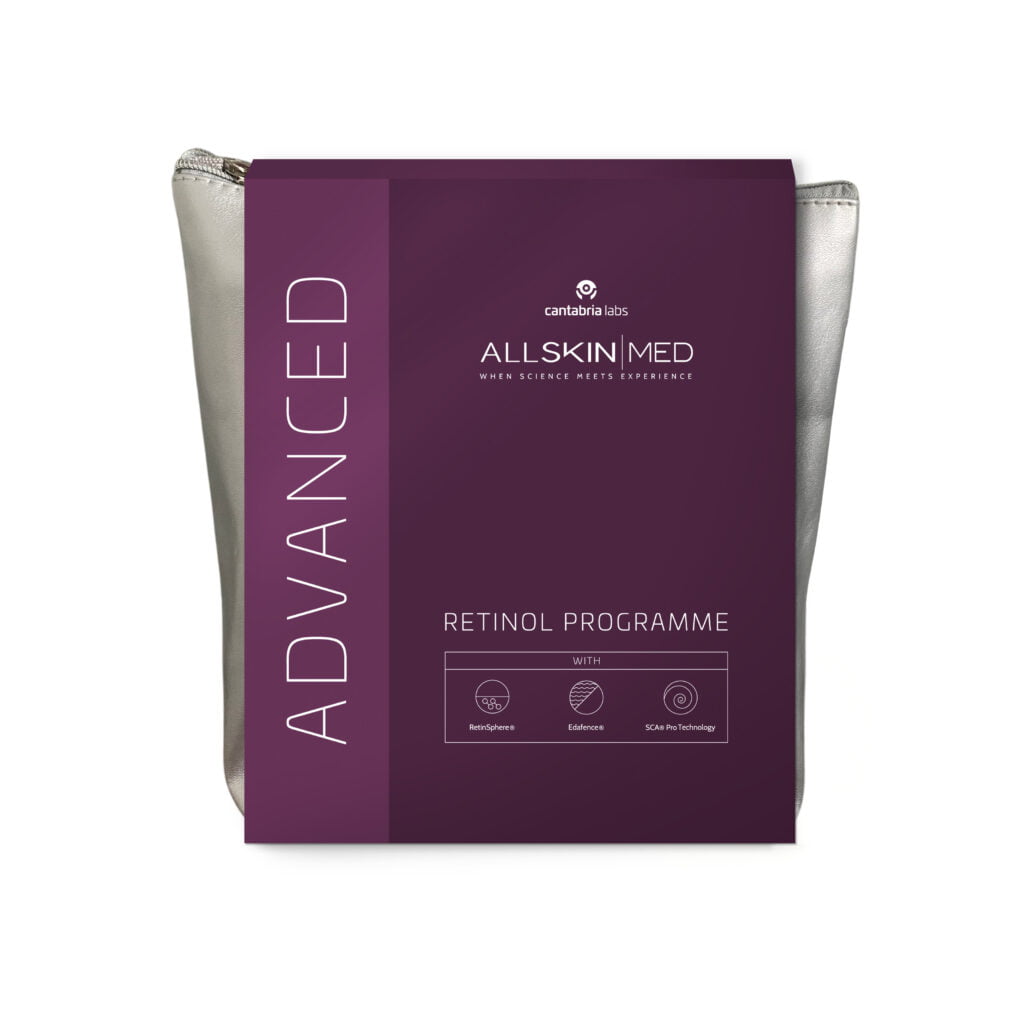
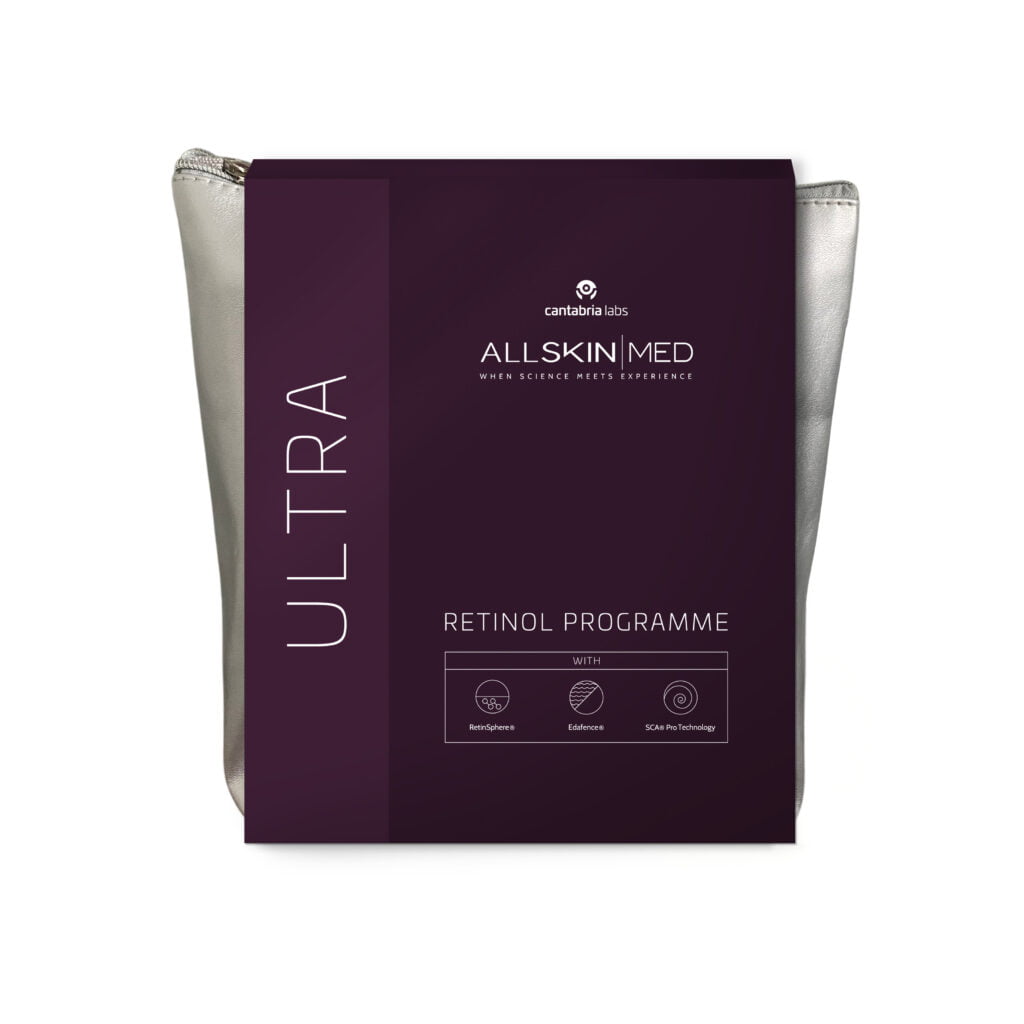
Of course, incredible results may not be revealed without mild side effects. We explain the difference between common side effects and adverse reactions below.
What to expect
The most common side effects of retinol include:
These side effects are generally mild, and will be more acute in individuals who are new to retinol. Any side effects are usually temporary and will resolve once the skin’s tolerance to retinol increases. This is called the retinisation period.
Some clients may also experience a ‘retinoid purge’, where breakouts are brought to the surface of the skin in the initial stages of treatment.4
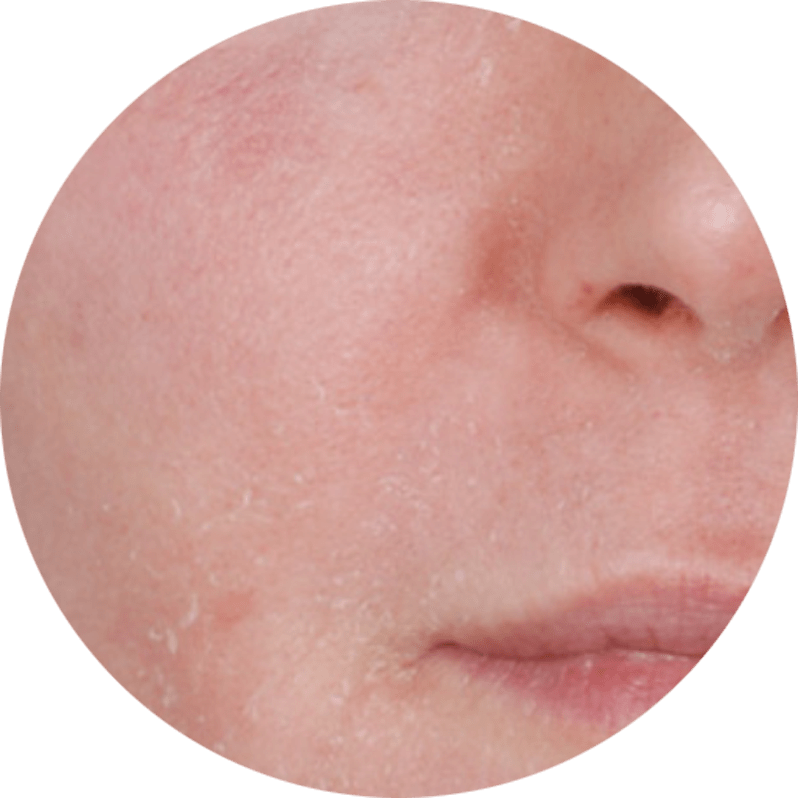
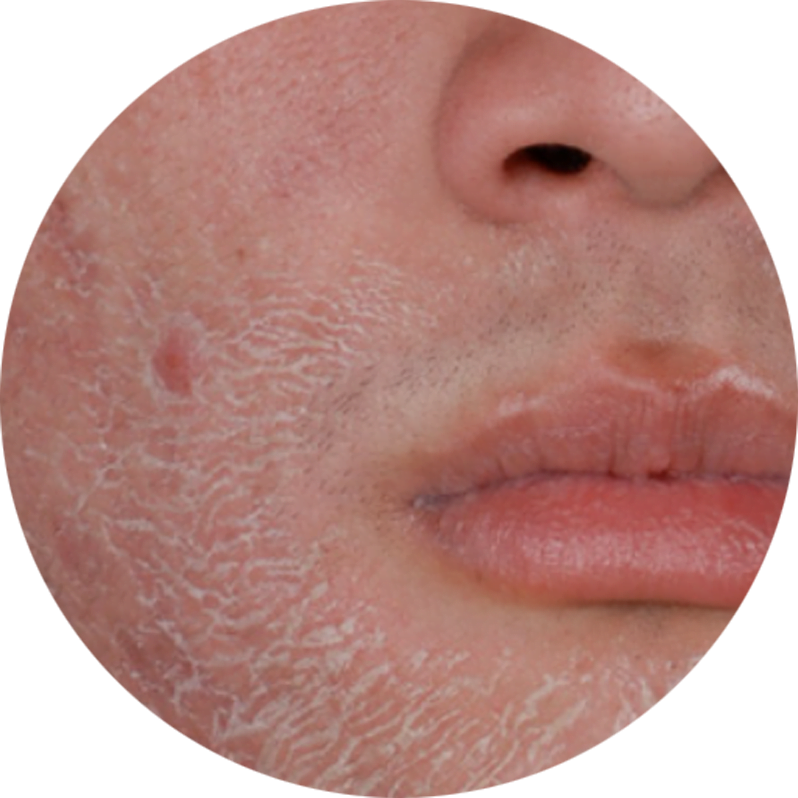
Adverse reactions
Whilst you should reassure your clients that mild reactions are expected, adverse reactions shouldn’t be ignored. A small number of individuals may experience the following side effects:
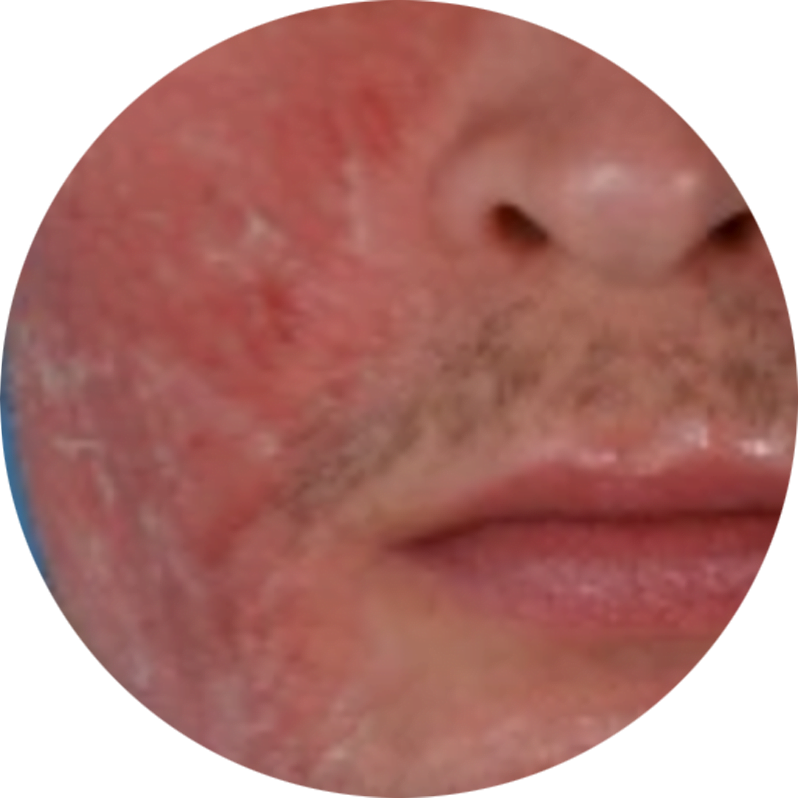
If the skin becomes irritated, your client should reduce the amount of product, the strength of product, and the frequency of use. If the skin is incredibly irritated, the client should terminate the use of Retinol immediately until the skin has settled.
Expert tips for optimum results
The following retinisation tips should also be shared with clients:
Download the Guide to Retinols
As the most requested ingredient in-clinic, a robust understanding of retinol and retinisation is crucial when it comes to introducing Vitamin A into your or your clients routine.
AESTHETICARE’s Retinisation guide contains tips & guidance when using Retinol both personally & professionally. Endorsed by leading dermatologist, Dr. Paris Acharya, discover how she uses & recommends retinols post procedure and her experience with the ALLSKIN | MED Retinol Programmes & Protocol.
Download “ALLSKIN | MED & Dr Paris Acharya’s Guide to Recommending Retinols In-Clinic” today by completing the form below.
